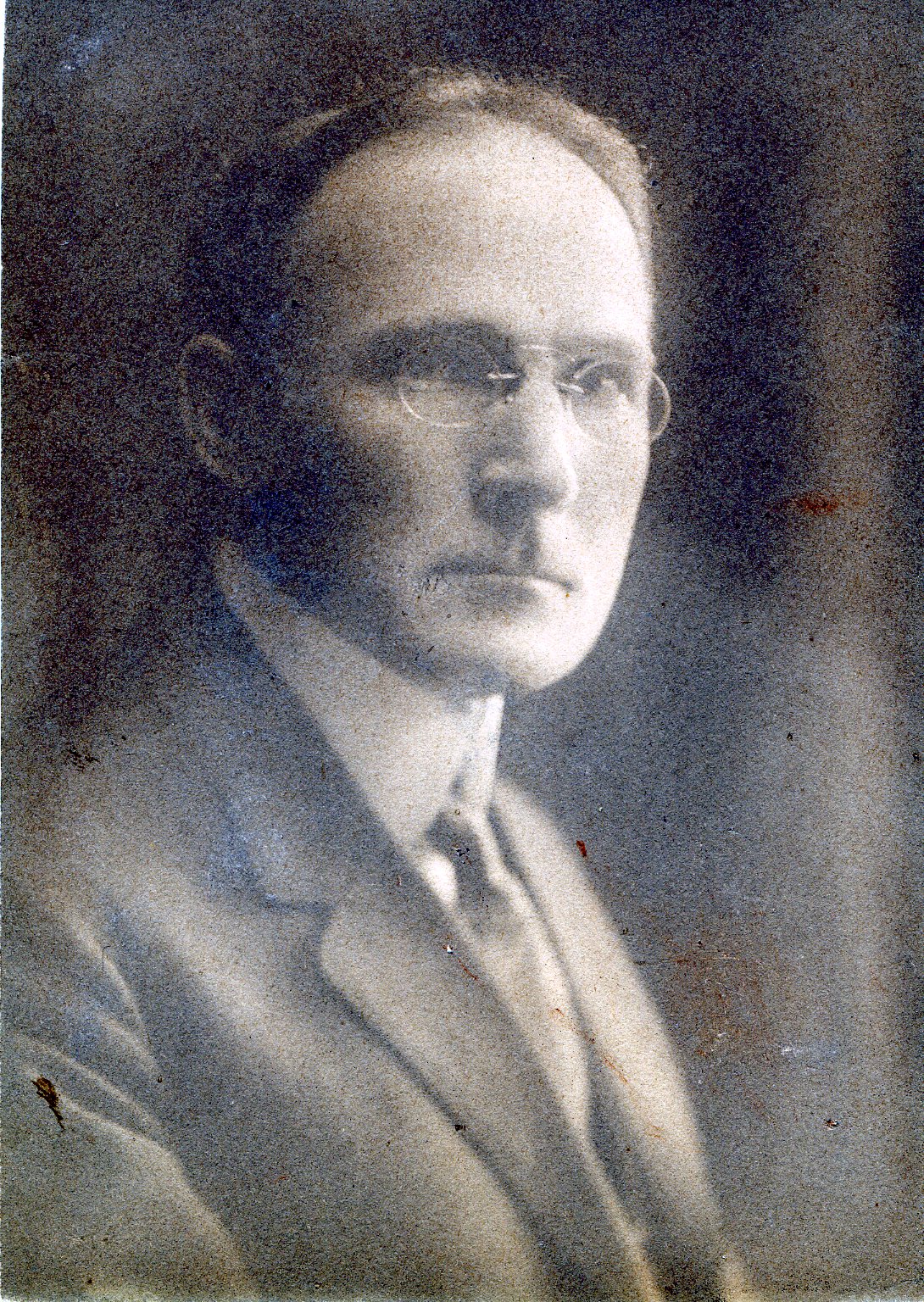Lawyer
Centurion, 1915–1934
Born 2 February 1870 in Russellville, Kentucky
Died 14 January 1934 in Merano, Italy
Buried Cimitero Evangelico degli Allori , Florence, Toscana, Italy
, Florence, Toscana, Italy
Proposed by George W. Wickersham and Henry S. Pritchett
Elected 6 February 1915 at age forty-five
Century Memorial
The career of Walker Downer Hines was a story of exceptionally smooth and uninterrupted progress from bottom to top of a great industry. Beginning as stenographer in the Louisville & Nashville Railroad’s law department, leaving for a law-school course, then returning to the Louisville, in eight years he had become vice-president and head of the law department. But his grasp of the industry stretched far beyond its litigation; a few years more, and he was selected as responsible chief of the Santa Fé. Throughout the railway world he thenceforward gained repute for his mastery of the increasingly intricate problems of railway competition, railway labor and railway regulation. When, at the end of 1917, the strain of war requisitions threatened break-down of the country’s transportation facilities and the government undertook unified operation, Hines was the first man to whom President and railways turned.
The post of Director General went to Secretary McAdoo; but McAdoo’s practical railway experience had been slight, his instincts were political and his judgments impulsive. To the Railway Administration, therefore, the long experience of Hines, his calm approach as Associate Director General to the difficult problems which beset the new experiment, his tactful management of conflicting interests, were of the highest value. With some of McAdoo’s policies he could hardly have sympathized; but he preserved the utmost loyalty, never allowing a hint of divided counsels to escape. Succeeding to the director-generalship in the difficult days after 1918, he had to take in hand an overworked and run-down transportation system, confronted with turbulent labor and with political agitation, and, under such conditions, he had to prepare the railways for return to private operation.
Hines always insisted that the charge of wasteful operation by the Railway Board, of extravagant wages for inefficient labor, and of deteriorated service, was unjust. He held that the transportation industry suffered from the abnormal circumstances of the period along with all other industries, and that its own recuperation was as sure as theirs. But defense of the Railway Administration never caused the slightest leaning on his part to the doctrine of public ownership.
Alexander Dana Noyes
1935 Century Association Yearbook

